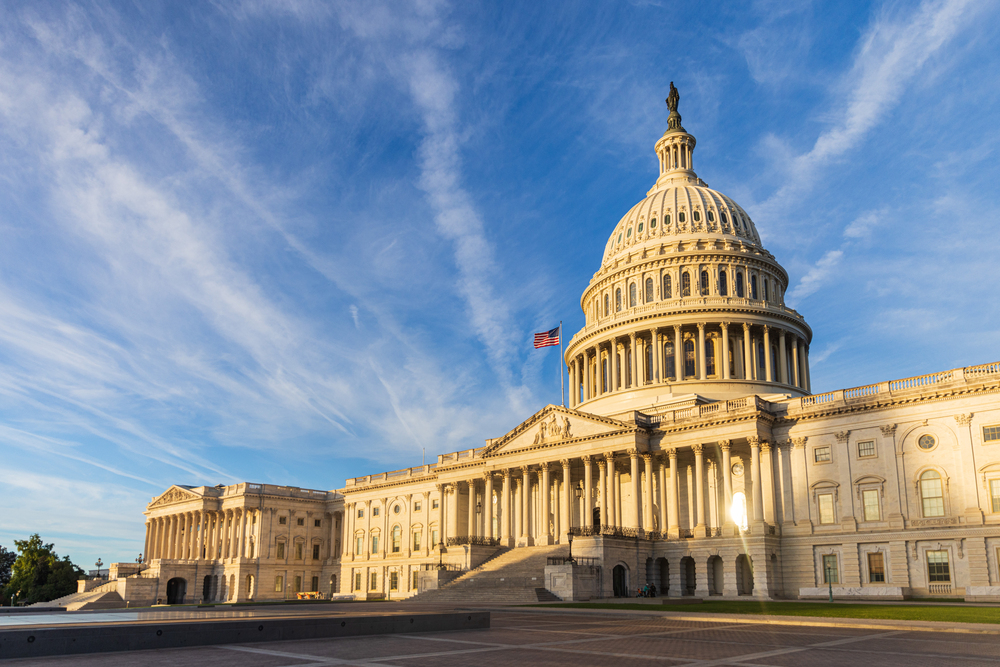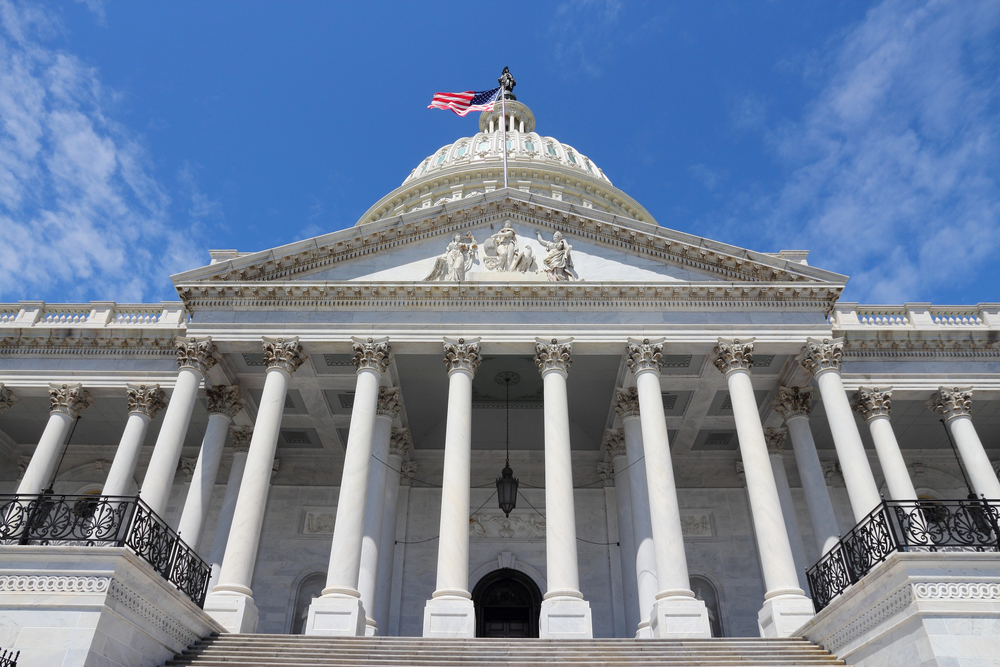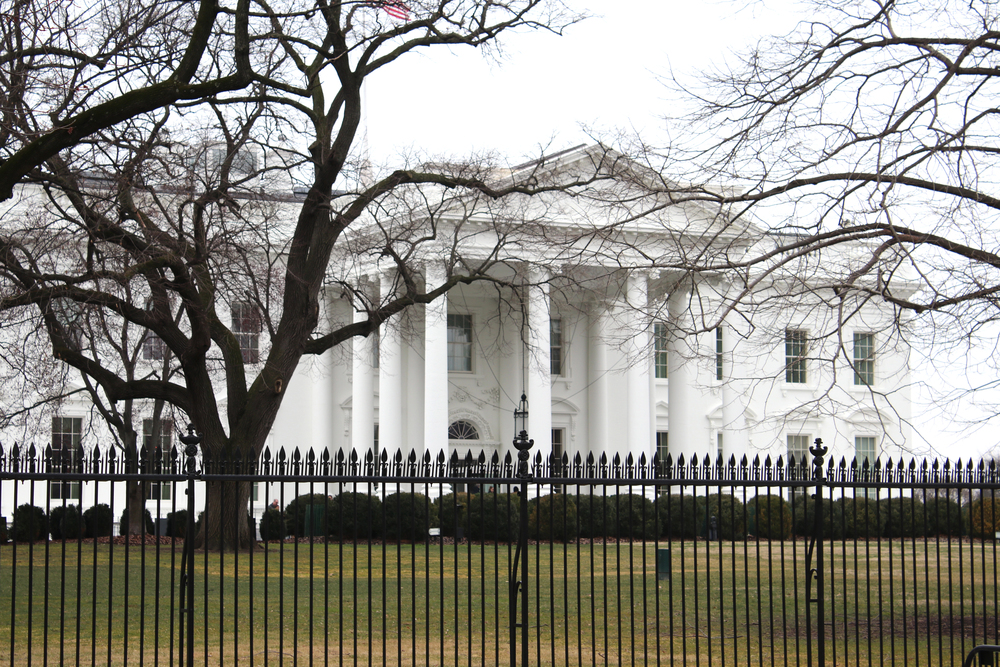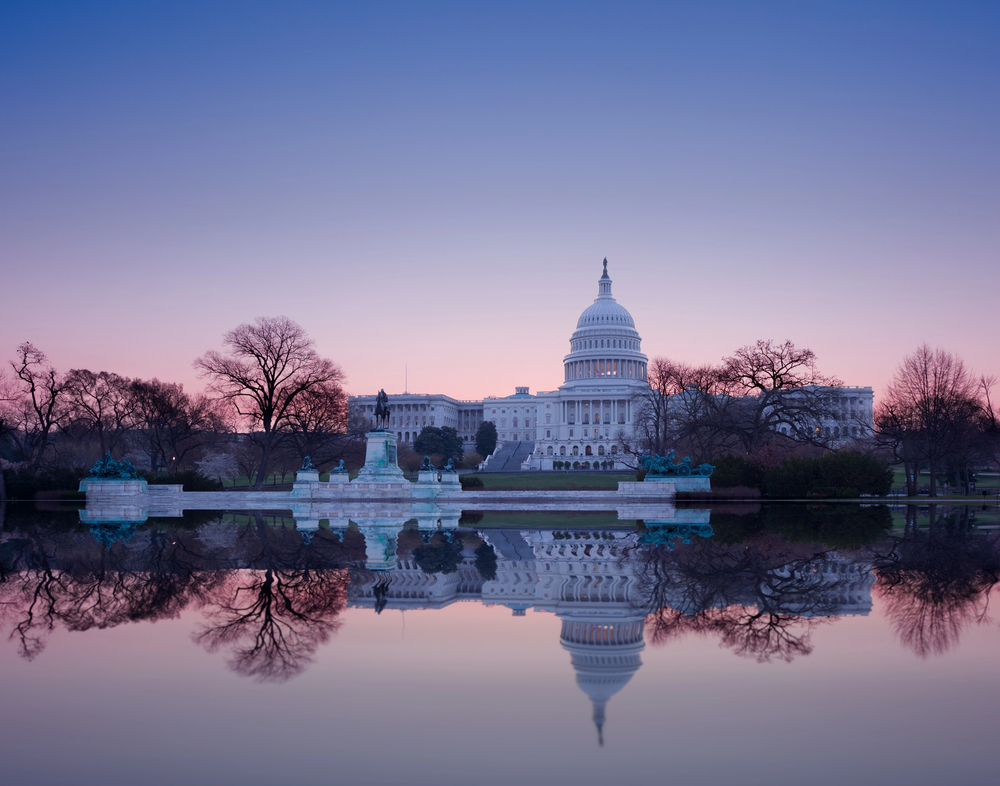Big ‘I’ Secures Important Wins as House Passes Tax Package

Earlier today, the U.S. House of Representatives passed the “One Big Beautiful Bill Act,” which includes significant tax reform. The bill was passed by a slender 215 to 214, with two Republicans voting against the measure and one GOP member voting present.
Many provisions from the 2017 Tax Cuts and Jobs Act (TCJA) are set to expire at the end of 2025 and the passage of this bill is the first step to make many of those provisions permanent.
The bill would make permanent and increase the 199A deduction for pass-through entities from 20% to 23%. With 86% of independent insurance agencies structured as pass-throughs and filing taxes at the individual rate, according to the 2024 Agency Universe Study, this is a huge win for the independent agency channel.
House Ways and Means Committee Chair Jason Smith (R-Missouri) has made this provision a priority and increasing the deduction reflects his commitment to Main Street America.
More From the hill
In its current form, the bill makes the tax rates in the TCJA permanent, while modifying the inflation adjustment mechanism for the various brackets. Despite some calls to increase the top marginal tax rate to 39.6% to help pay for the legislation, the bill caps the top rate at 37%, an important win for pass-through entities with income above that threshold.
Despite speculation that the corporate rate could be reduced by several points, the bill does not make changes to the 21% corporate rate, which was made permanent by the 2017 TCJA.
Originally, the tax package included language to subject royalty income derived from the licensing of a tax-exempt organization’s name or logo to unrelated business income tax (UBIT), which is a 21% tax. However, knowing that this would cost Big “I” state associations approximately $2 million annually, the Big “I” worked with members of Congress and House Republican Leadership to remove that entire section from the bill. Had it remained, it would have impacted various programs and services that state associations provide to dues-paying members.
Importantly, the legislation did not eliminate or cap the employer tax exclusion for health insurance. Employer-sponsored coverage is the foundation of American health care, providing stable financial protection for nearly 180 million workers and their families. Taxing this coverage would have increased costs for employees and undermined the accessibility and affordability of health care.
The reconciliation bill now heads to the U.S. Senate, which will make changes to the bill. If passed, the bill will be sent back to the House for another vote. The Big “I” will continue to advocate for independent agents and, as the process plays out over the coming weeks and months, will continue to provide updates through the News & Views e-newsletter.
Raaed Haddad is Big “I” director of federal government affairs.









